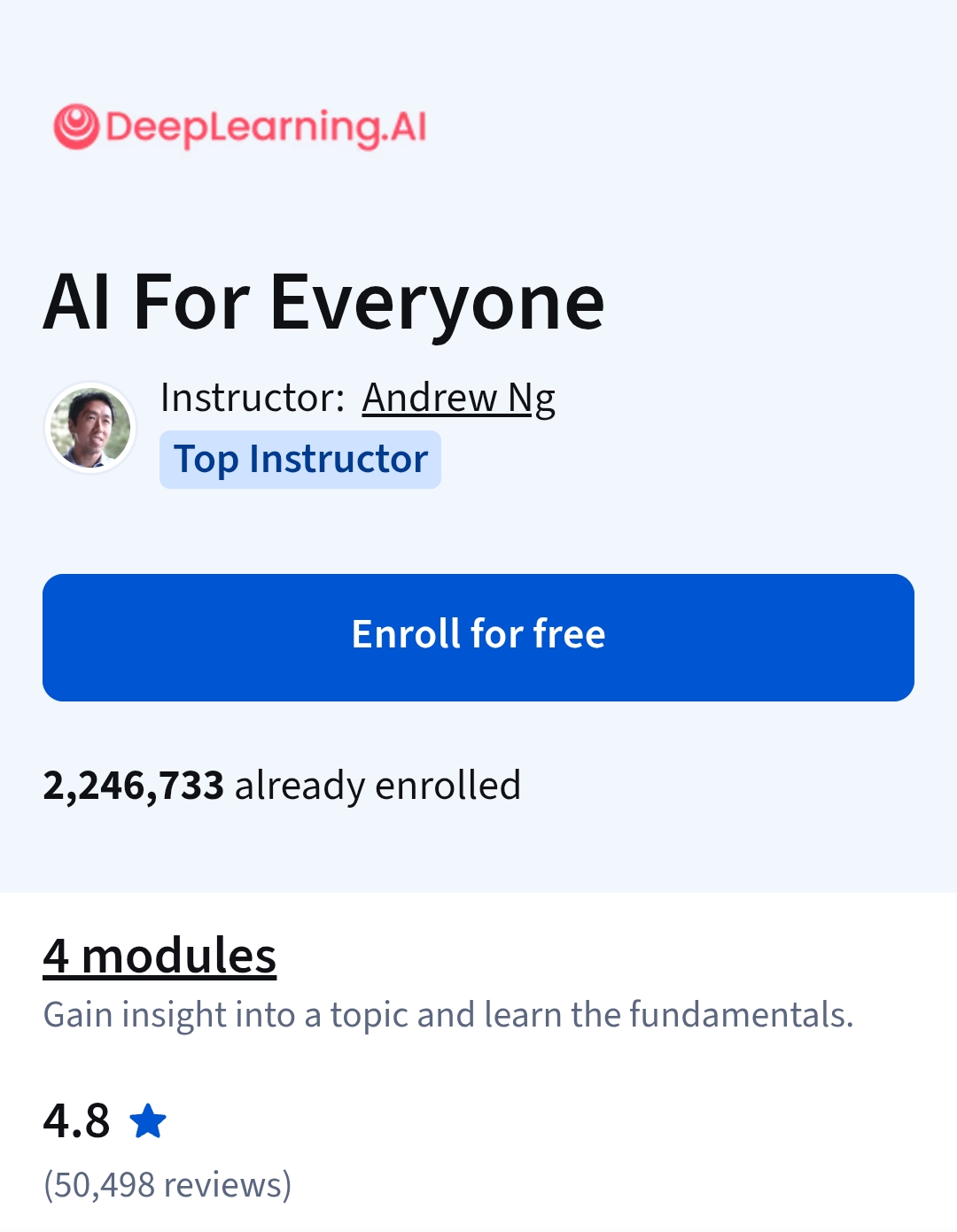Description
This action-packed Specialization is for data science enthusiasts who want to acquire practical skills for real world data problems. If you’re interested in pursuing a career in data science, and already have foundational skills or have completed the Introduction to Data Science Specialization, this program is for you!
This 4-course Specialization will give you the tools you need to analyze data and make data driven business decisions leveraging computer science and statistical analysis. You will learn Python–no prior programming knowledge necessary–and discover methods of data analysis and data visualization. You’ll utilize tools used by real data scientists like Numpy and Pandas, practice predictive modeling and model selection, and learn how to tell a compelling story with data to drive decision making.
Through guided lectures, labs, and projects in the IBM Cloud, you’ll get hands-on experience tackling interesting data problems from start to finish. Take this Specialization to solidify your Python and data science skills before diving deeper into big data, AI, and deep learning.
In addition to earning a Specialization completion certificate from Coursera, you’ll also receive a digital badge from IBM. This Specialization can also be applied toward the IBM Data Science Professional Certificate.
This program is ACE® recommended—when you complete, you can earn up to 12 college credits.
Build your data science portfolio as you gain practical experience from producing artifacts in the interactive labs and projects throughout this program. These courses include real-world projects using principal data science tools to apply your newfound skills.
Projects:Extract and graph financial data with the Pandas Python library.Wrangle data, graph plots, and create regression models to predict housing prices with Python libraries, including NumPy, and Sklearn.Create visualizations and a dynamic Python dashboard with treemaps and line plots using libraries such as Matplotlib, Seaborn, and Plotly Dash to monitor, report, and improve US domestic flight reliability.In the final capstone course, apply what you’ve learned from previous courses into one comprehensive project. You will train and compare machine learning models, including support vector machines, classification trees, and logistic regression, to predict if a SpaceX launch can reuse the first stage of a rocket.





